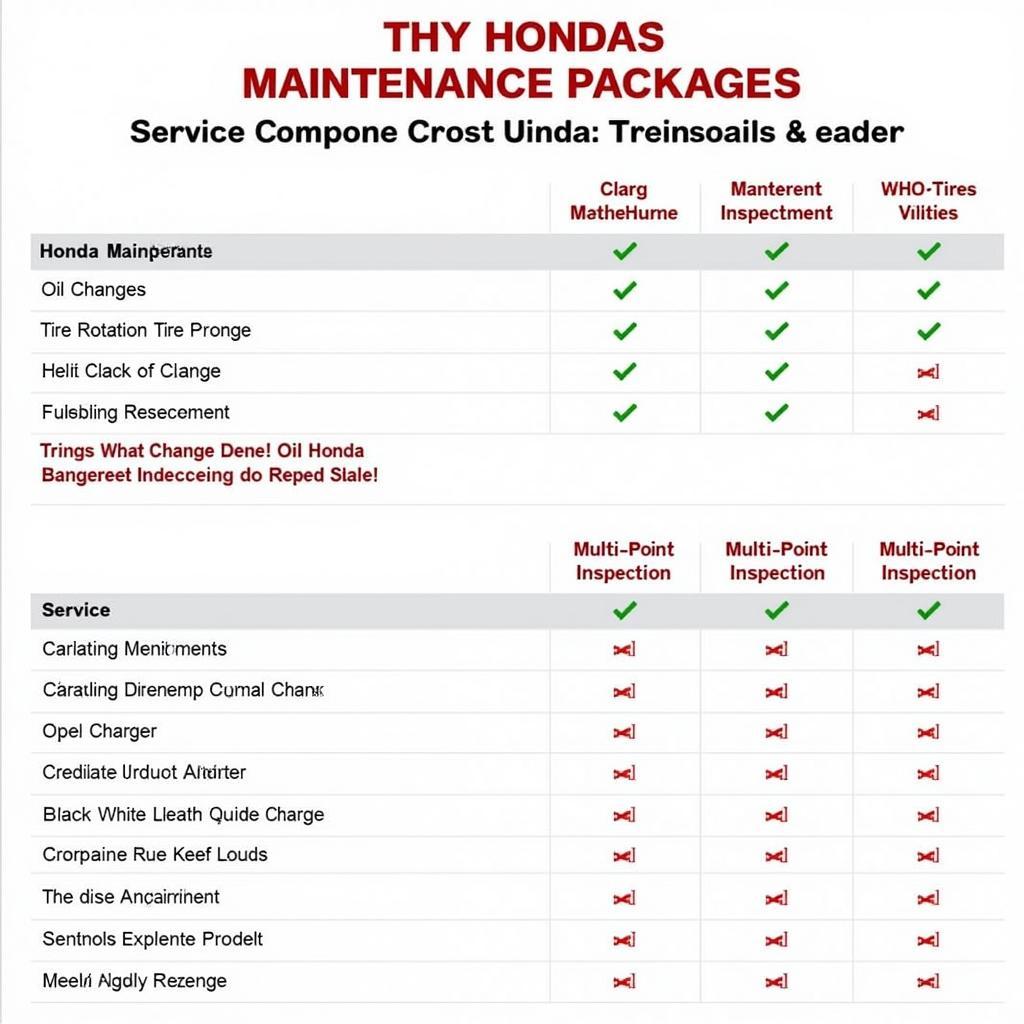Experiencing a Car Cold Start Problem is frustrating, especially on a chilly morning. This guide provides a comprehensive overview of the common causes, diagnostic steps, and solutions for car cold start problems, helping you get back on the road quickly. cold weather car starter problems
Understanding the Car Cold Start Problem
A car cold start problem refers to difficulty starting your vehicle after it has been sitting idle for an extended period, typically overnight or in cold weather. The engine may crank slowly, sputter, or fail to start altogether. Several factors can contribute to this issue, ranging from a weak battery to faulty fuel delivery.
Common Causes of Car Cold Start Problems
Several culprits can contribute to car cold start problems. Identifying the root cause is crucial for effective troubleshooting. Here are some of the most frequent offenders:
- Weak Battery: Cold temperatures reduce battery performance. A weak battery may struggle to provide the necessary power to start the engine.
- Faulty Starter Motor: The starter motor is responsible for cranking the engine. A malfunctioning starter can lead to slow cranking or no cranking at all.
- Fuel System Issues: Problems with the fuel pump, fuel filter, or fuel injectors can disrupt fuel delivery to the engine, hindering cold starts.
- Ignition System Problems: Faulty spark plugs, ignition coils, or other ignition components can prevent the engine from igniting the fuel-air mixture.
- Thickened Oil: In cold weather, engine oil can thicken, making it harder for the engine to turn over.
- Sensor Problems: Malfunctioning sensors, such as the coolant temperature sensor or mass airflow sensor, can provide incorrect data to the engine control unit (ECU), affecting the fuel-air mixture and hindering cold starts.
car has problems starting in the cold
“A common mistake people make is assuming a dead battery is the only cause of cold start problems,” says automotive expert John Miller, ASE Certified Master Technician. “Many other factors can be at play, so thorough diagnostics are essential.”
Diagnosing Car Cold Start Problems: A Step-by-Step Guide
- Check the Battery: Test the battery voltage using a multimeter. A reading below 12.4 volts indicates a weak battery.
- Inspect the Starter Motor: Listen for clicking sounds when turning the key. This can indicate a faulty starter solenoid or motor.
- Examine the Fuel System: Check the fuel pressure and ensure the fuel filter is not clogged.
- Test the Ignition System: Inspect spark plugs for wear and tear. Check ignition coils for proper function.
Solutions for Car Cold Start Problems
Once you have identified the cause, you can implement the appropriate solution:
- Replace the Battery: If the battery is weak, replace it with a new one.
- Repair or Replace the Starter Motor: A faulty starter motor may require repair or replacement.
- Address Fuel System Issues: Replace a clogged fuel filter, repair or replace a faulty fuel pump, or clean fuel injectors.
- Fix Ignition System Problems: Replace worn spark plugs, faulty ignition coils, or other malfunctioning ignition components.
- Use the Correct Oil Viscosity: Ensure you are using engine oil with the recommended viscosity for cold weather operation.
car starter problems when cold
“Regular maintenance, like checking your battery and spark plugs, can prevent many cold start issues,” advises Sarah Chen, automotive engineer and consultant.
Preventing Car Cold Start Problems
Preventative measures can minimize the risk of experiencing cold start problems:
- Regular Battery Maintenance: Clean battery terminals and ensure they are securely connected. Have your battery tested regularly, especially before the onset of cold weather.
- Fuel System Maintenance: Replace the fuel filter at recommended intervals. Use a fuel system cleaner periodically to remove deposits and improve fuel flow.
- Proper Oil Changes: Use the recommended oil viscosity for your vehicle and climate. Change the oil at regular intervals.
- Park in a Garage: If possible, park your vehicle in a garage to protect it from the elements.
problems starting car from cold start
Conclusion
Car cold start problems can be frustrating, but with proper diagnosis and troubleshooting, you can get your vehicle running smoothly again. Regular maintenance is key to preventing these issues and ensuring reliable cold starts. If you continue to experience problems, contact AutoTipPro at +1 (641) 206-8880 or visit our office at 500 N St Mary’s St, San Antonio, TX 78205, United States. We’re here to help!
car has problems starting in cold weather
FAQ
- What is the most common cause of car cold start problems? A weak battery is often the primary culprit.
- How can I test my car battery? Use a multimeter to measure the battery voltage.
- Can thick engine oil cause cold start problems? Yes, thickened oil can make it harder for the engine to turn over in cold weather.
- How can I prevent car cold start problems? Regular maintenance, including battery checks, fuel system cleaning, and oil changes, is essential.
- What should I do if my car still won’t start after trying these solutions? Consult a qualified mechanic for further diagnosis and repair.
- Does the type of fuel I use affect cold starting? Using the recommended fuel type and ensuring it is fresh can improve cold starts.
- Can extreme cold weather damage my car battery? Yes, prolonged exposure to extreme cold can significantly reduce battery life and performance.





Leave a Reply